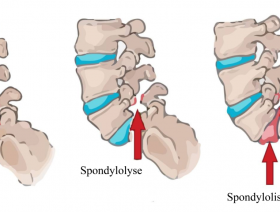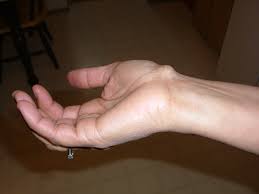Services

Subdural Hematoma
In simple terms, subdural Hematoma is bleeding between the covering of the brain (Dura) and the surface of the brain. It is caused by serious head injuries. Harm and additional pressure on the brain form a subdural hematoma which might be severe.
Symptoms to watch out for
Subdural Hematoma could be a kind of traumatic brain injury (TBI). Symptoms could seem directly following trauma to the head, or they will develop over time- even weeks to months. The symptoms include:
- Severe headache
- Confusion and sleepiness
- Vision downside
- Nausea and vomiting
- Slurred speech
- Dizziness, loss of balance, walking issues
- Weakness on one side of the body
- Memory loss and temperament changes, particularly in older adults.
- Behavioural changes
Risk Factors
People at the exposure to automobile crashes or falls are most in danger of this downside. There is a better risk of Subdural Hematoma from,
- Head injuries like automobile crashes and falls
- Playing tough sports
- Using blood-thinning drugs
- Previous brain injury
- Alcohol consumption
- Advanced age
- Violence, like agitated baby syndrome
Probable Treatments
Treatment of Subdural Hematoma depends on its severity. In tiny Subdural Hematoma with delicate symptoms, doctors might advocate no specific treatment aside from observation. In more severe or dangerous conditions surgery is required to scale back the pressure on the brain.
- Burr hole surgical process
A hole is trained within the skull over the realm of the meninx intumescence, and therefore the blood is suctioned out through the outlet. - Craniotomy
A bigger section of the os is removed, to permit higher access to the meninx intumescence and scale backpressure. The removed os is replaced shortly when the procedure. - Craniectomy
A district of the skull is removed for associate extended amount of your time, to permit the bruised brain to expand and swell while not permanent harm. People with severe Subdural Hematoma are often seriously unwell, requiring machine-supported respiratory and alternative sorts of life support.




